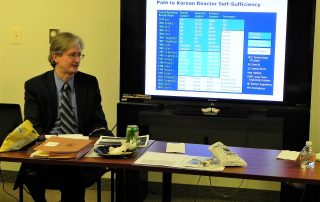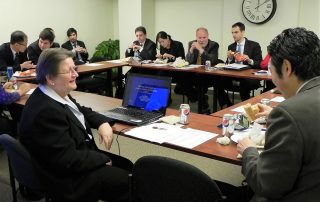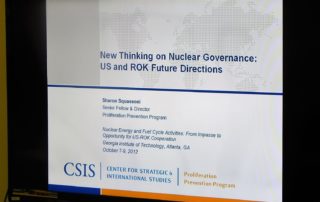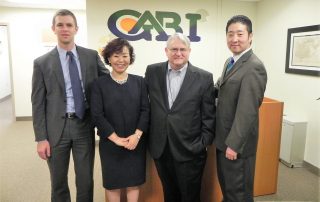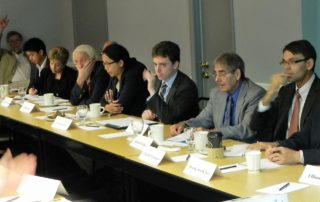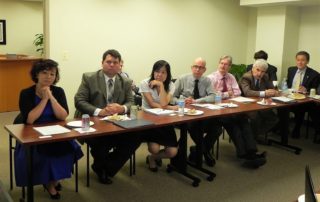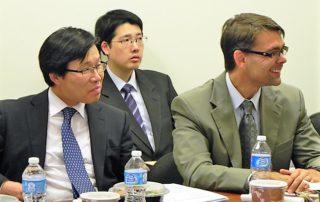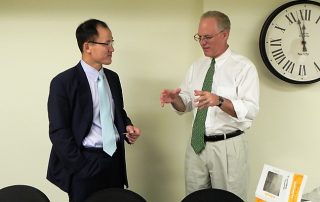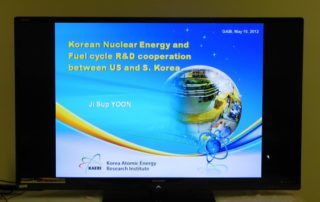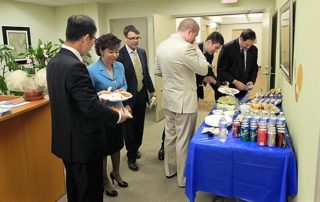GABI organizes nuclear energy roundtable discussions on a diverse range of topics that are relevant to nuclear markets both in the United States and globally. The discussion topics range from the civil nuclear partnerships, nuclear safety, nonproliferation, spent fuel management, international R&D and commercial collaboration, market and industry forecasts, and other related topics.
Potential Effects of a Lapse in the US-Korea 123 Agreement
Potential Effects of a Lapse in the US-Korea 123 Agreement December 13, 2012 The current US-ROK 123 Agreement for Cooperation on Civil Uses of Atomic Energy entered into force in 1973, and after having been active for nearly forty years, is set to expire in March 2014. To avoid a lapse, it is believed that

